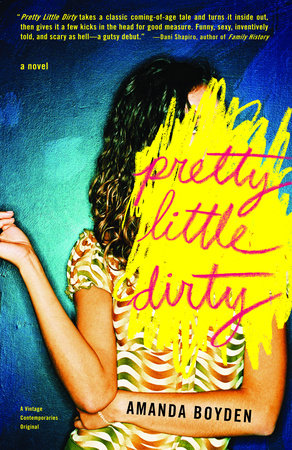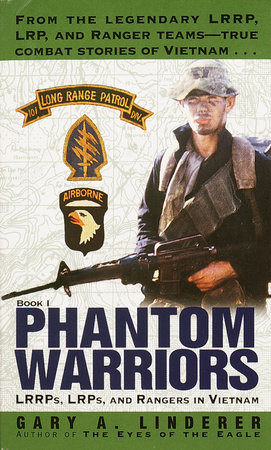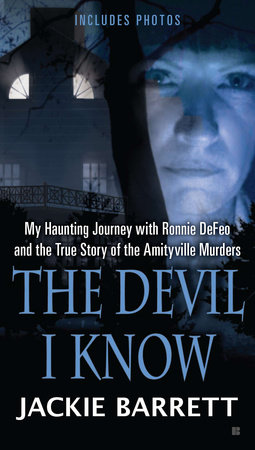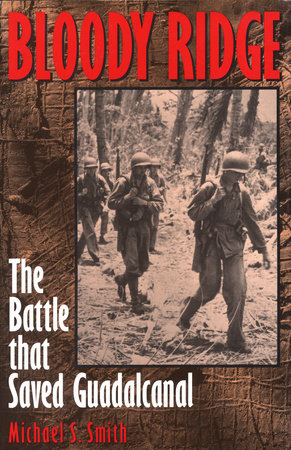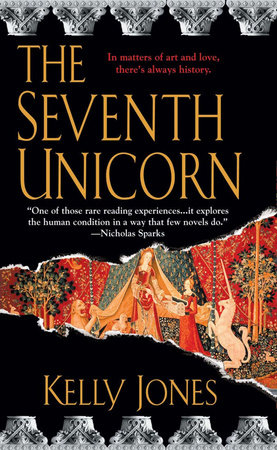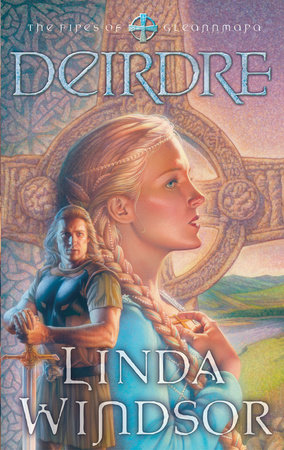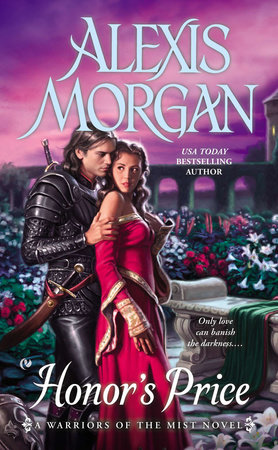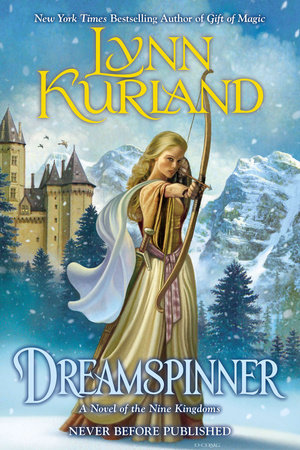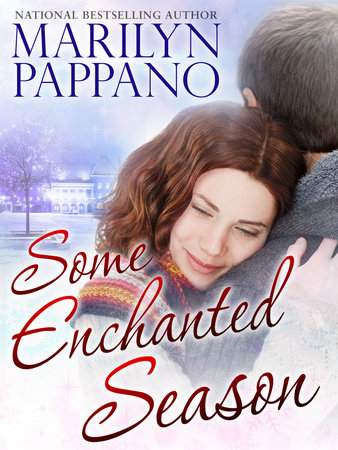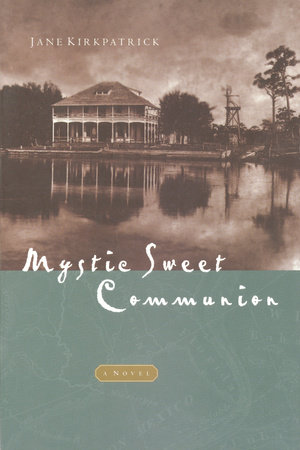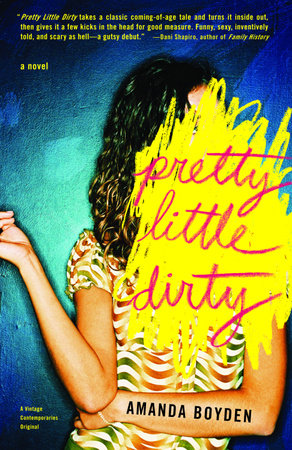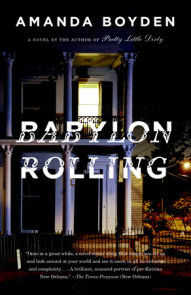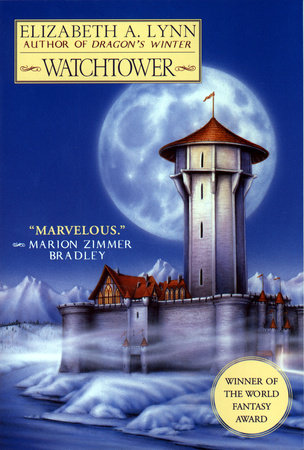Author Q&A
Q: Pretty Little Dirty is a surprisingly profound portrayal of the transition childhood friendships make into adulthood. Some never make it, some change and grow stronger like Lisa and Celeste’s, but most of the literature about them feels more surface-level than yours. Was that part of the motivation to write PLD, to explore that?
A: I grew up with wonderful childhood friends in Chicago and St. Louis and was particularly close with both of my younger sisters. Still, I never had a Celeste, never had a singular best friend for more than a couple of years. For a portion of high school I even considered myself best friends with gorgeous twins who dropped every guy’s jaw within miles, but we lost touch when we left for university.
I suppose the friendship Celeste and Lisa share is in many ways what young women desire, something steadfast, unconditional, protective. Exactly what I could have used to get me through that gauntlet of growing up female. I read the novel Lonesome Dove years ago and keep a tattered copy of it on my bookshelf. Maybe Lisa and Celeste are my Gus and Call, loyal to the end.
Q: You have a fascinating background — from modeling to contortionism to gutter cleaning — was it all a path to writing? Are there specific experiences or people from those other vocations that made their way into Pretty Little Dirty?
A: I’m a big believer in at least one cliché: what doesn’t kill you makes you stronger. That is, if you’re able to see a particular event or experience for just that, for an opportunity to learn and grow, you can come out better for it. A lot of what I’ve done for work, for money, hasn’t been glamorous, some of it downright bizarre, and much of it physically or psychically taxing, but I wouldn’t take any of it back. And I do collect images and experiences compulsively. I’m sure admitting to that makes my friends and family wince; I should say, though, that I’m a believer in “real fiction.” I work very hard not to write thinly disguised nonfiction, especially where my characters are concerned. There’s one small exception in Pretty Little Dirty, but I’m not telling who that is! Even that characterization is many degrees of separation away from the actual person still walking this earth.
Besides, the relaying of my true life experiences comes across like bad fiction. Most strangers laugh at me when they learn I’m a former trapeze artist and contortionist who’s chauffeured famous people, suffered two primary malfunctions the two times I’ve ever parachuted, and recently bungeed from the world’s highest jump in South Africa. Never mind swimming with penguins and watching baboons attack in the wild. My real-life stories sound absurd.
Nonetheless, an insider’s view into protected or private circles can be valuable for writing. I’ll likely try my hand one more time at the world of circus, something I know a lot about. I had a novel at auction the week of 9/11 about a down-and-out circus troupe touring the deep South. Needless to say, it went the way of the towers. Even I didn’t want to read something so seemingly light-hearted at the time. I learned plenty: patience, fortitude, perseverance, and a true understanding about the loss of others. I’m very lucky.
Q: Which writers would you say you either admire in general or have taken cues from?
A: Lately I’ve read some amazing fiction. The Canadian author Charlotte Gill’s Ladykiller and Nicole Krauss’s The History of Love come to mind. As far as influences go, I’ve always loved Lorrie Moore’s work. I’ve never stopped admiring John Updike, Cormac McCarthy, Junot Díaz, Katherine Dunn, Michael Winter, ZZ Packer, Michael Ondaatje, Donna Tartt, Louise Erdrich, Bobbie Ann Mason. I think I could go on for pages. Contemporary North American fiction is alive and well, in my opinion. Recently I had the opportunity to meet a talented memoirist, Koren Zailckas, and of course nobody can keep a straight face reading David Sedaris.
Q: Is there a story behind the title itself?
A: A short one: I owe the Red Hot Chili Peppers. My title’s a letter off from their “Pretty Little Ditty.” I didn’t have a title for probably a year as I wrote, and kept searching L. A. hardcore bands’ lyrics until I happened upon the Peppers’. I wanted the novel to carry a touch more weight than a “ditty” and believed that it might be a good idea to include the word “dirty” as a disclaimer. That’s a joke. Sex in novels is good, don’t you think? Maybe dirty as in “not nice” is better.
Q: Given the story’s hometown/personal location for you, how did you pick where in Kansas City to set it? So much of it is real — the Nelson-Atkins, the names of places — is there a “sculpture house” or anything like it? Why Kansas City?
A: The Kansas City Art Institute is a, ah, unique place for a lot of reasons, not the least of which is the fact that Walt Disney actually did attend. I finished my undergrad degree there. Talented students and faculty, actually. They’re part of what made it such a unique place for me. Also, I didn’t want to set the novel in St. Louis where I spent the years of my life that some of the novel covers of Celeste’s and Lisa’s. I didn’t want any of my family or old friends worrying, trying to find where I’d dissed them.
I know of no “sculpture house” in Kansas City, but there used to be a sort of creepy house near the lakefront in Milwaukee with a weedy yard full of sculptures. The fictional sculpture house is, in my mind’s eye, similar to this amazing house near KCAI that my very clever sister Meg managed to finagle for four of us college kids. Minus the sculptures. It was a huge three stories, made of stone, and had a tennis court in the backyard. Completely renovated. Guests were fascinated by the fact that we had to punch in an alarm code when we came home from a night of carousing. A roommate and I used to sunbathe topless near the net of the tennis court till we figured out that half of the neighborhood could see us from upper windows on the back side of the block.
Q: You have returned to your home of New Orleans after fleeing from the floods with your husband. It’s a city that is rich with beautiful settings and quirkier personalities and, frankly, now it has a whole new story to tell. Would you ever consider writing either nonfiction about your own experience or setting another novel there? One imagines Celeste would be right at home in New Orleans!
A: Celeste would have taken to New Orleans, no question. Actually, the novel I’m at work on now takes place here, the year before Katrina.
Q: Let’s talk about Pretty Little Dirty and the punk rock/rock concerts. Is this the kind of music you listen to? How did you decide to break up the chapters with such vivid vignettes and why?
A: The hardcore punk world is something I know about, but the novel is in no way autobiographical. I made the mistake of hooking up with a guy from Southern California when I was young and saw plenty. I still have a soft spot for some of the old school stuff, though, especially the band X, but no, I don’t regularly listen to hardcore anymore.
The vignettes, those intercalary sections that utilize the second person “you,” were tough to write, but I wanted the reader to have an understanding, at the beginning, of where the story might end up. More importantly, I really didn’t want to prolong that portion of the novel in a chronological way. I needed the vignettes to do most of the talking for me so that when the reader arrived at that point in the narrative, I’d not need to explain or elaborate much at all. The dividers would have—sadly?—done it for me all along. Too, I chose the second person so that the reader would wonder who the “you” actually was. It’s a novel, ultimately, about a loving friendship and its turning points, a questioning of where things irreversibly changed, who led and who followed; I wanted the readers to decide for themselves.
Q: How would you describe the largely supporting male characters in Pretty Little Dirty? Are they colored by our narrator’s own early experiences with immature boys and absentee fathers?
A: I’ve asked a few people as to whether or not they believed Hank to be one-dimensional. Happily, nobody’s thought him to be reprehensible yet. He’s complicated, and makes plenty of errors in judgment, but he isn’t a monster in my mind. Same goes for Ess, the dummy. At the end of the day, I couldn’t have either Lisa or Celeste love a man (emotionally) any more than they loved each other.
Q: When you first start reading, you see the beautiful friend and the plain friend and think, “Ah, I know how this is going to work.” However, it’s not long into the narrative before that traditional girl dynamic is made more complicated. Was that something you were conscious of as you wrote?
A: I kept handy a few books for reference the year and a half that it took me to write Pretty Little Dirty: a book of Greek mythology, The Great Gatsby, and a couple others. Along with a Sally Mann photograph of her beautiful prepubescent daughter that hung on the wall above my computer, the myth of Cupid and Psyche is actually the inspiration for the novel. The original is told from the handmaiden’s perspective, Psyche’s servant’s vantage point, but I wanted to examine a similar relationship that morphed into something very different. What happens when the power balance changes, when roles reverse?
Q: If Celeste were our narrator instead of Lisa, would she tell the same story? For example, what would she make of her own family, her first sexual adventures?
A: It’d still be a story about a friendship, about love. Celeste is often more generous than Lisa, so she’d actually tell it differently, but I think it’d follow a similar tack.
Q: You teach at the University of New Orleans. If you had to give your students one piece of advice about writing, what would it be and why?
A: No author ever made it by just talking about writing. You have to write. All the time. With discipline.
If I’m allowed a second, I’d say that many young writers become masters of the craft these days, but too few remember heart. Fiction without heart is next to worthless. Give your readers something to care about.
Q: What are you working on now?
A: Another novel, tentatively titled L’Enfant Terrible, a sort of New Orleans Peyton Place complicated by locale, racism, and disloyalty. I’m enjoying the days when I manage more than a few pages, and the hours speed by.
